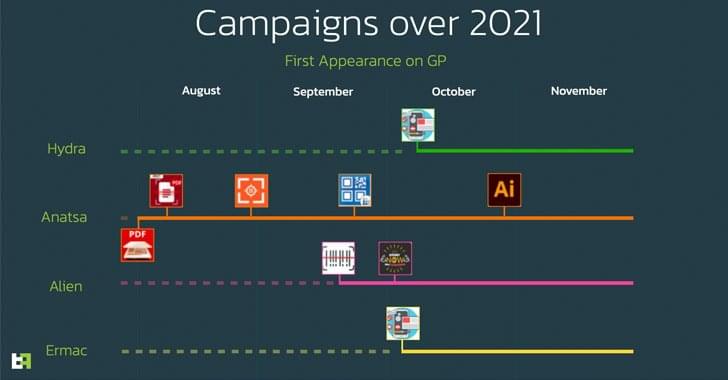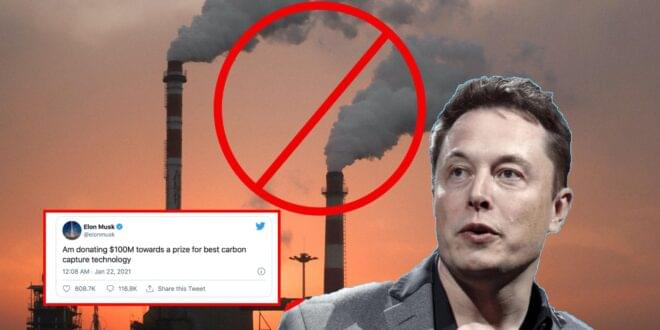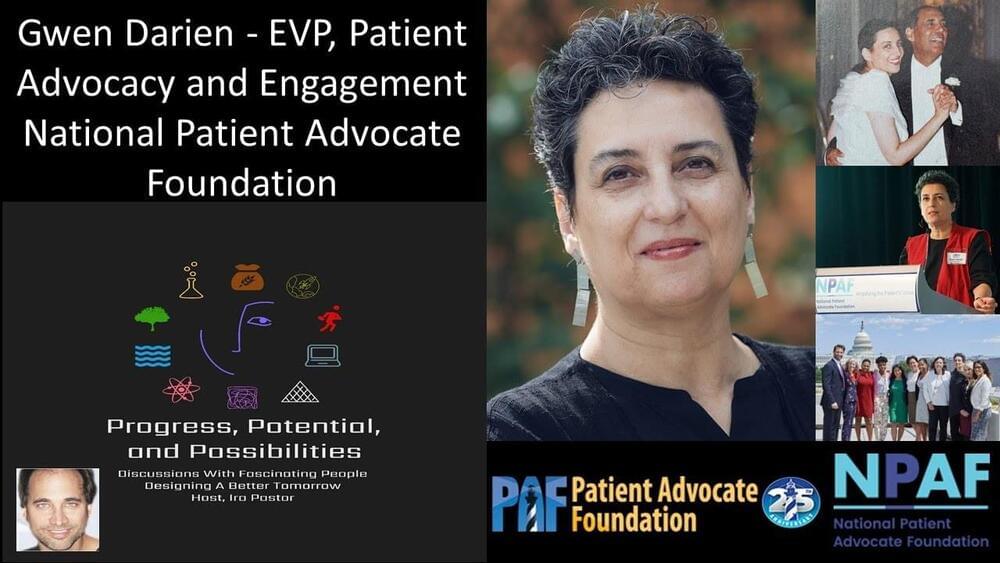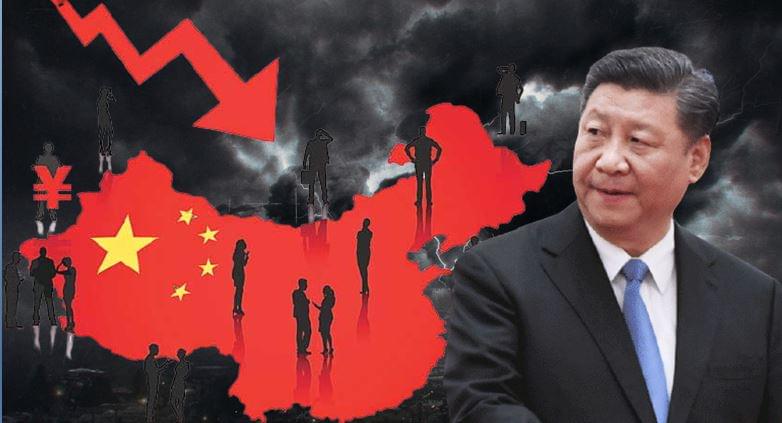Four separate Android banking trojan Dropper campaigns that have affected over 300,000 devices in 2021 through the Google Play Store.



Many are calling decentralized finance, or DeFi, the “Wild West of finance.” This fast-growing industry aims to provide automated banking services for cryptocurrencies to everyone, with no middle men. But DeFi is still in its early stages, which means there are risks. WSJ explains. Photo illustration: Tammy Lian/WSJ
More from the Wall Street Journal:
Visit WSJ.com: http://www.wsj.com.
Visit the WSJ Video Center: https://wsj.com/video.
On Facebook: https://www.facebook.com/pg/wsj/videos/
On Twitter: https://twitter.com/WSJ
On Snapchat: https://on.wsj.com/2ratjSM
#DeFi #DecentralizedFinance #WSJ

Skyrocketing demand for boxes and packing materials during the pandemic has slashed paper production across North America, and it couldn’t have come at a worse time for retail companies.
“We’re starting to hear, ‘We’re out of paper,’” said Polly Wong, president of San Francisco-based direct-marketing firm Belardi Wong, noting that some of her clients already missed their fall advertising campaigns due to issues at the printers. Wong estimates that 100 million catalogs will not be printed or reach U.S. homes in time for the year’s biggest spending season as a result. “It kind of put our industry up in a panic.”
With some mills converting to cardboard to meet the spike in e-commerce deliveries and others shutting down altogether, more than 2.5 million metric tons of North American printing and writing paper capacity — or nearly one-fifth of 2019 levels — has come offline since the start of last year. That’s according to Kevin Mason, managing director for ERA Forest Products Research, a financial research company that specializes in paper and forest products.

Artificial Intelligence Is the New Science of Human Consciousness.
New videos DAILY: https://bigth.ink.
Join Big Think Edge for exclusive video lessons from top thinkers and doers: https://bigth.ink/Edge.
Can AI dream? Can it love? Can it “think” in the same way we do? The short answer is: no. AI doesn’t need to bog itself down with simple human tasks like love or dreams or fear. The AI brain posits itself in a much grander scale first and then works backwards to the more human way of thinking. Joscha Bach suggests that much rather than humanoid robots, we are more likely to see AI super-brains developed by countries and larger companies. Imagine a computer brain that is designed to keep the stock market balanced, or detect earthquakes an ocean away that could sound alarms on our shores… that sort of thing.
It’s a big concept to wrap our human heads around. But as AI technology develops and grows by the day, it is important to understand where the technology is headed. Think less Rosie The Robot Maid from The Jetsons and more the computer from War Games.
Joscha Bach’s latest book is Principles of Synthetic Intelligence.
JOSCHA BACH:
Dr. Joscha Bach (MIT Media Lab and the Harvard Program for Evolutionary Dynamics) is an AI researcher who works and writes about cognitive architectures, mental representation, emotion, social modeling, and multi-agent systems. He is founder of the MicroPsi project, in which virtual agents are constructed and used in a computer model to discover and describe the interactions of emotion, motivation, and cognition of situated agents. Bach’s mission to build a model of the mind is the bedrock research in the creation of Strong AI, i.e. cognition on par with that of a human being. He is especially interested in the philosophy of AI and in the augmentation of the human mind.

The first prize money has been awarded in the largest XPrize competition ever held, with 23 student teams getting financial injections to further their carbon removal technology.
Among the winners are a variety of forward-thinking initiatives addressing the issue of rising carbon dioxide levels in the atmosphere, as well as those that seek to address more than one environmental issue at the same time.
The US$100 million Carbon Removal XPrize was launched in February with the goal of developing technology that can remove CO2 from the seas and the atmosphere.

Qualcomm is diversifying from mobile phones, to supplying chips for BMW’s self-driving cars.
#News #Reuters #BMW #Qualcomm #SelfDriving.
Subscribe: http://smarturl.it/reuterssubscribe.
Reuters brings you the latest business, finance and breaking news video from around the globe. Our reputation for accuracy and impartiality is unparalleled.
Get the latest news on: http://reuters.com/
Follow Reuters on Facebook: https://www.facebook.com/Reuters.
Follow Reuters on Twitter: https://twitter.com/Reuters.
Follow Reuters on Instagram: https://www.instagram.com/reuters/?hl=en


EVP, patient advocacy & engagement, national patient advocate foundation.
Gwen Darien is Executive Vice President for Patient Advocacy and Engagement, at the National Patient Advocate Foundation (https://www.npaf.org/), an organization with a mission of bringing patient voices to health system delivery reform, developing and driving initiatives promoting equitable access to affordable quality health care, and prioritizing the patient voice in health system delivery reform to achieve person-centered care. She is also Executive Vice President at their sister organization, Patient Advocate Foundation (https://www.patientadvocate.org/), a national non-profit organization which provides case management services and financial aid to Americans with chronic, life threatening and debilitating illnesses.
Gwen is a longtime patient advocate who has played leadership roles in some of the country’s preeminent nonprofit organizations.
As a three-time cancer survivor herself, Gwen came into cancer advocacy expressly to change the experiences and outcomes for the patients who came after her and to change the public dialogue about cancer and other life-threatening illnesses.
In 2,005 Gwen started the first stand-alone advocacy entity in a professional cancer research organization, at the American Association for Cancer Research, launching CR magazine – a magazine for people with cancer and those who care for them. Later, she served as the executive director of the Samuel Waxman Cancer Research Foundation; director of The Pathways Project; and executive vice president of programs and services at the Cancer Support Community, where in each role, Gwen championed placing patients at the center of health system change, whether it was for research, public policy or direct services.
While serving as the chair or on the board of a wide range of program committees and workshop faculties, including the Community Engagement in Genomics Working Group of the National Human Genome Research Institute; a member of the US Pharmacopeia Board of Trustees; and as the past chair of PCORI’s Patient Engagement Advisory Panel, Gwen also continues to write about her experiences. Her most recent piece, Transformation: My Experience as a Patient and an Advocate in Three Chapters appeared in the National Academy of Medicine Perspectives (https://nam.edu/transformation-my-experience-as-a-patient-and-an-advocate-in-three-chapters/).

The Chinese economy has been hit by a perfect storm. In the third quarter of the ongoing financial year, official Chinese data revealed that GDP growth stood at 4.9 percent, down from 7.9 percent in the previous quarter. This decline in GDP growth is directly eating into profits of big Chinese companies.
Rising prices and low consumer spending create a perfect storm in the Chinese economy:
There are two broad factors that are affecting business earnings in China-raw material inflation and low consumer spending.
